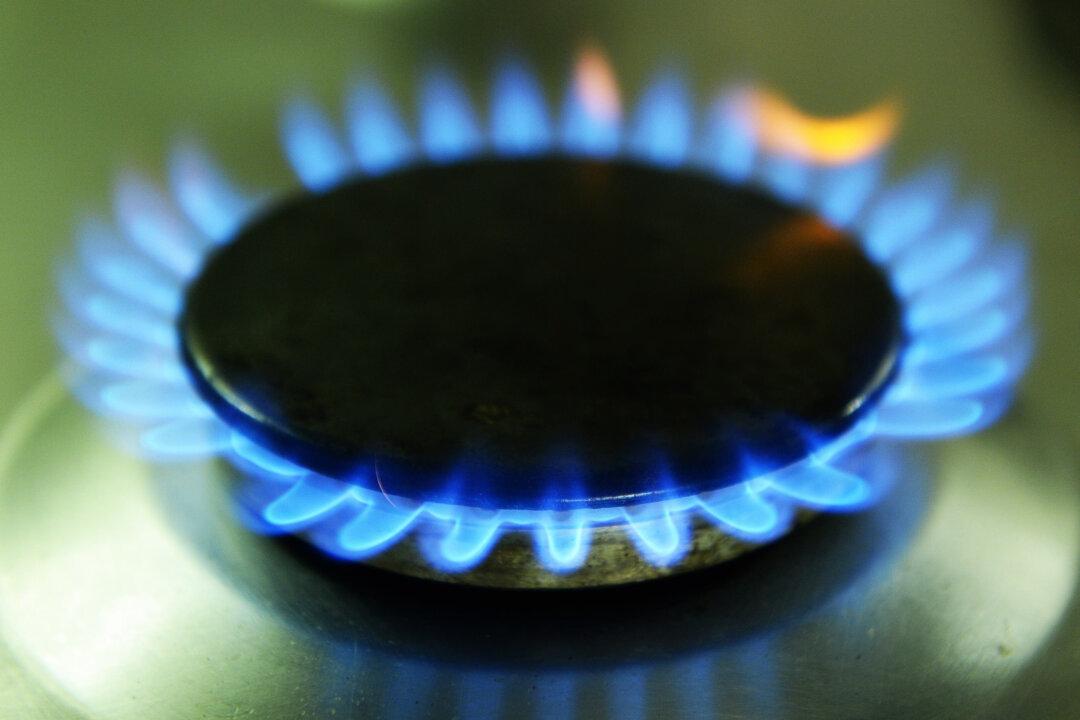Gas prices in the UK shot up nearly a third in the last week of July to reach the highest average cost since mid-March, according to newly released official data.
The gas price increased by 31 percent in the week to July 31, the Office for National Statistics (ONS) said on Thursday.





